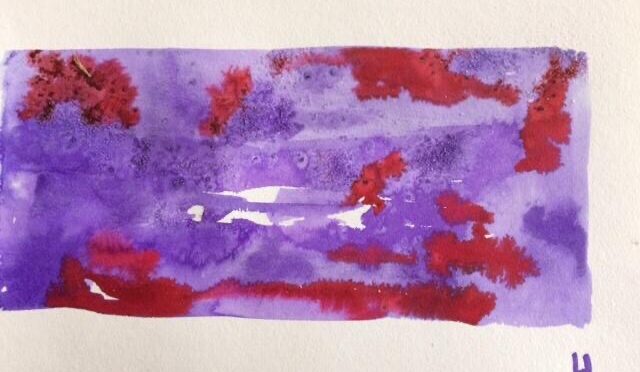Contemporary discourses on freedom of expression, multiculturality, emigration or sexuality persistently toy with the notion of transgression. Transgression can be viewed as a strategy adopted by various actors–religious, cultural, social–to claim and legitimate such norms they deem alternative to the established hierarchies, conventions, traditions, canons and laws. As a discourse, transgression contests the absolute authority of the existing norms, and questions their performative power with its own. As a practice though, it leans on a repertoire of actions (violence, humour, silence, and so forth), which do not necessarily imply any assertion nor self-awareness, for social practices of transgression cannot be reduced to their moral comment.
The purpose of this research is to understand the relationship between norm and transgression and to question the overlaps and interactions between competing spaces and actors, as well as the inclusion of anti-canonical aspects into mainstream discourses and customs.
Agents of transgressions and enforcers of norms do not merely engage in the dynamics of competition and antagonism. They can also demonstrate ties of complicity and coproduction. Our hunch is that there are enough points of contact between these agencies. The relation between norm, transgression and the law should, therefore, be taken into account. Based on an interdisciplinary approach (law, politics, theology, philosophy, sociology, psychology, anthropology, history, art history, literary history), this research focus endeavours to study:
- Strategies of monopoly and competition in norm assertion–the analysis of controversies can be a port of entry, as well as security discourses and practices;
- Social practices of transgressions (such as marginality, commitment, resistance, and so forth) and their management (through violence, negotiation, inclusiveness, and so forth);
- Agents at the core of such phenomena (minorities, outcasts, and so forth)–with particular attention to the variety of sociological profiles and life trajectories in the case of individual actors.
Last but not least, we would like to open within this research a reflection on practice that is both transgressive and canonical: interdisciplinarity.
Research projects whose object is located in Central Europe, connected to this area and other areas or in comparison with other “cultural areas”, will be prioritised.
Image ©️ Nadège Ragaru

